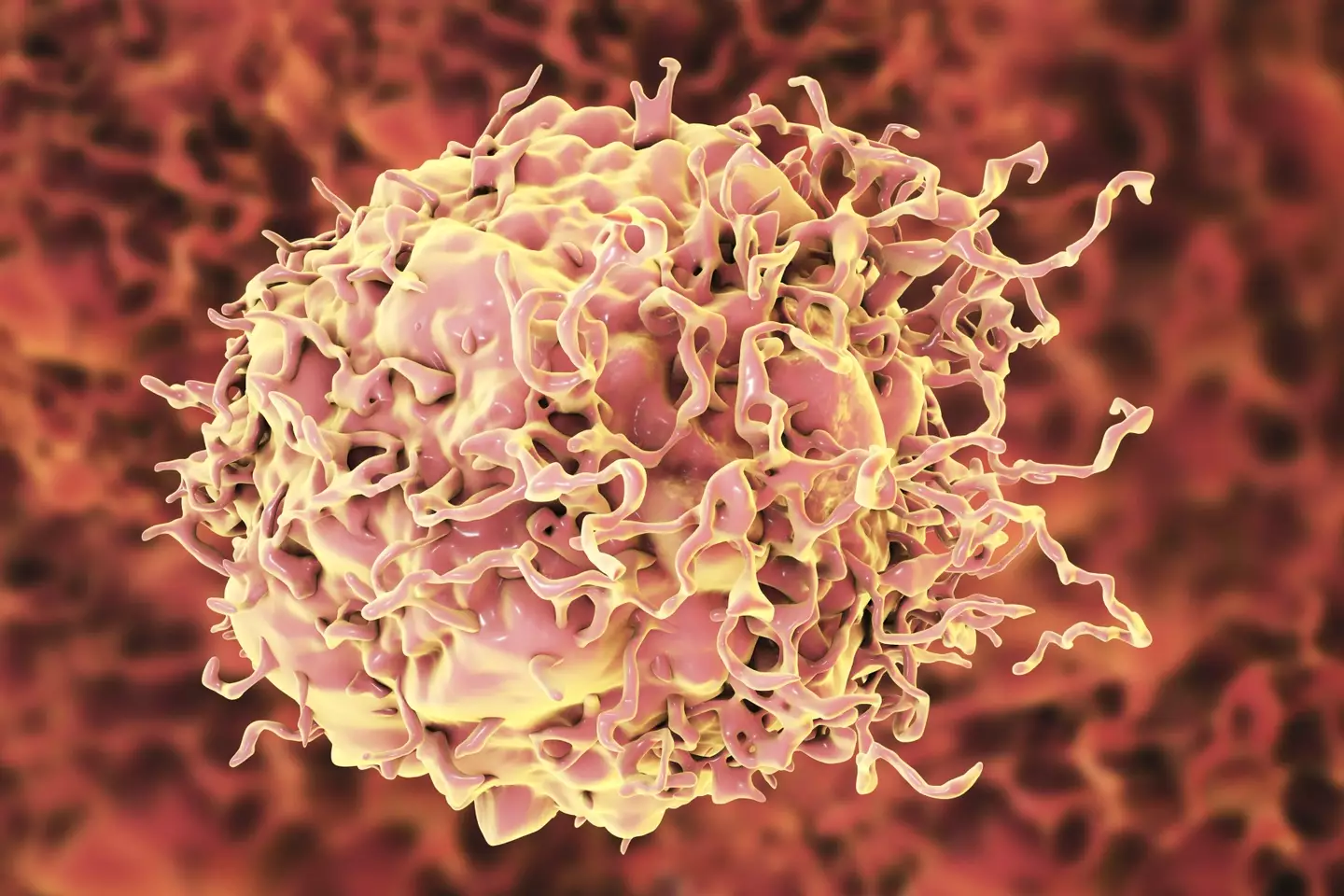.webp)
Experts are warning that five foods could be responsible for increasing the risk of a 'silent killer' condition which is growing more common among young people.
Alarming statistics have warned that one type of cancer is on the rise, and there could be foods to avoid eating if you want to lower your chances of developing the condition.
Dr Karen Zaghiyan uses TikTok to promote accurate health advice, but is now warning that eating these five foods could not be in your best interests.

Advert
The expert said in a video posted earlier this month: "We're seeing an alarming rise in young onset colorectal cancer.
"While nobody totally knows why exactly we're seeing this, a lot of people are suggesting - and the research shows - that perhaps it may be related to what we're eating."
The doctor listed each food that could be contributing to the rise of bowel cancer, and there are things that we probably consume every day.
Red meat
The doctor reported: "This includes beef, veal, lamb, pork - there's about an 18 percent increased risk of colorectal cancer who regularly consume red meat."
Advert
While some red meat is good for iron and protein intake, Dr Zaghiyan warned that experts have not yet figured out what the 'safe amount' of red meat is to eat.
She also added that cooking it over a flame, which happens at a lot of barbecues throughout the year, adds an even worse risk.
Processed meat
According to the doctor, the less processed meat you eat - the better.
Advert
She said: "These include lunch meats, deli meats, bacon, pepperoni, sausage - any of these are processed meats and they increase your risk of colorectal cancer by 15 percent to 35 percent if you're eating one serving per day."
Sugary drinks

If you're anything like me, reaching for a sugary drink at around 3pm is almost a daily ritual.
Advert
It feels like a sort of pick-me-up that gets you through the end of the working day.
But the doctor has warned that reaching for these drinks can increase your chances of developing the cancer.
Dr Zaghiyan explained: "A study found that two servings a day of sugared beverages doubles your risk of colorectal cancer versus those who had it less than once a week."
Alcohol
We all know the downsides to consuming alcohol - we definitely feel them the next morning.
Advert
But the expert has warned that drinking alcohol increases the chances of several other conditions.
She said: "Alcohol not only increases your risk of colorectal cancer, but it also increases your risk of multiple other cancers."
Ultra-processed food
Snacks such as crisps and cereal fall under this category... unfortunately.
Dr Zaghiyan said: "The reason for the increased association with various gut conditions as well as colorectal cancer is due to the existence of emulsifiers, artificial sweeteners, and various additional additives like food dyes that come in these foods."
Whilst the expert appreciates that omitting all of these things from your diet is quite unrealistic, she warned that making small changes can massively help reduce your chances of developing the cancer.
She said: "I think all of us can help take a huge step forward in reducing our risk of colorectal cancer."
Topics: Food and Drink, Cancer, Health, Advice
